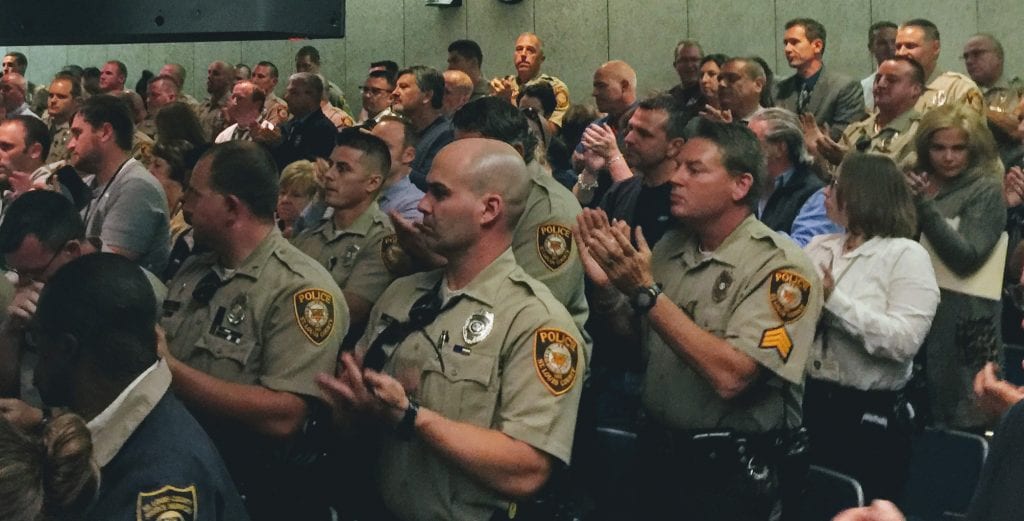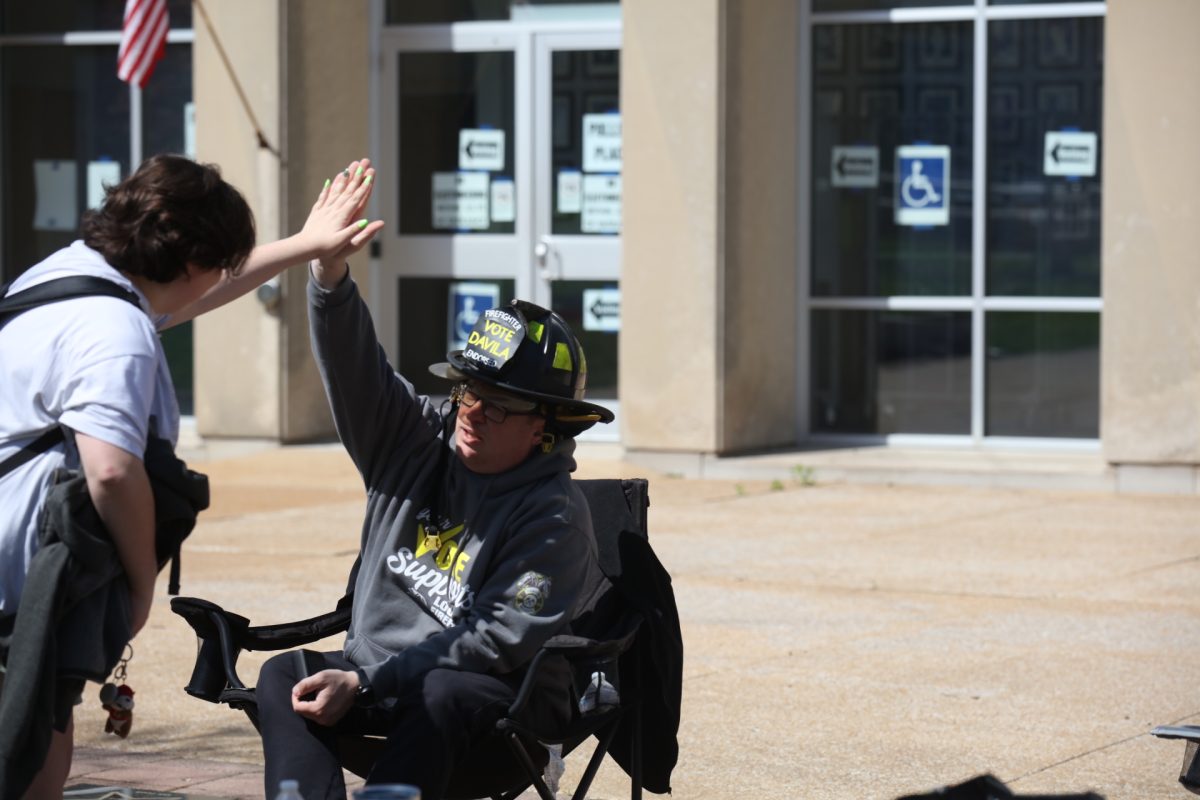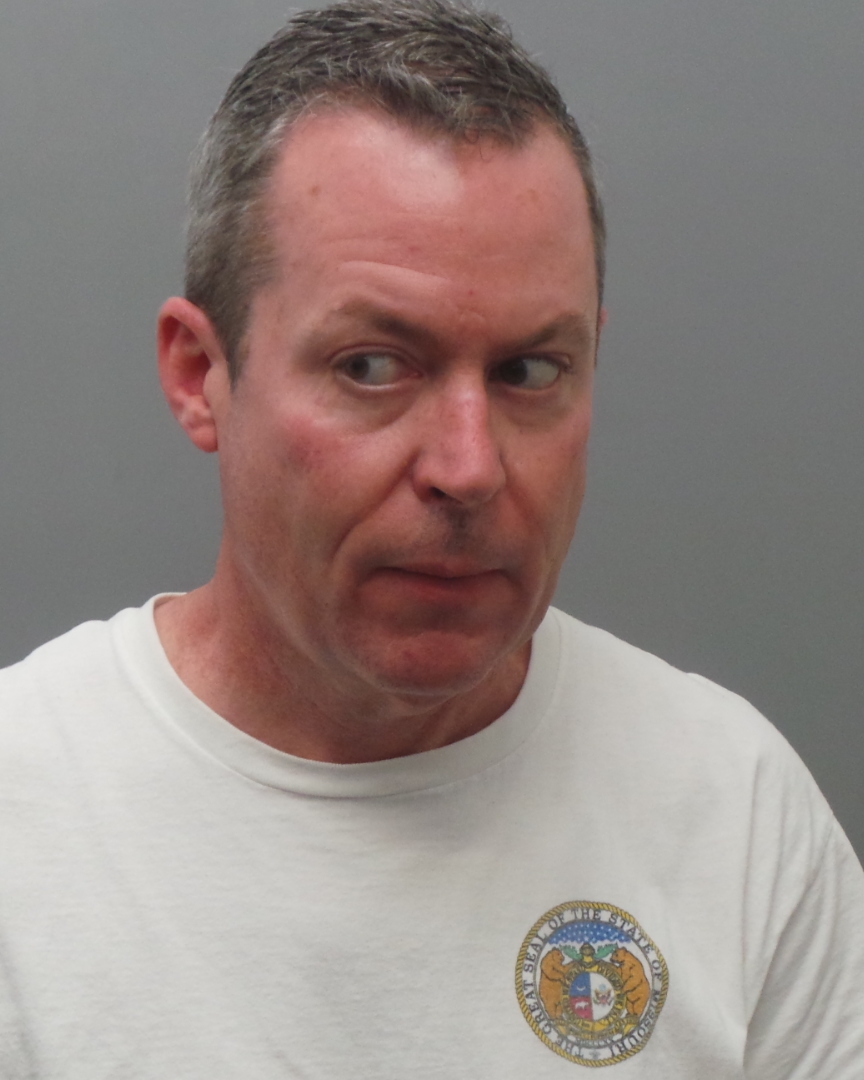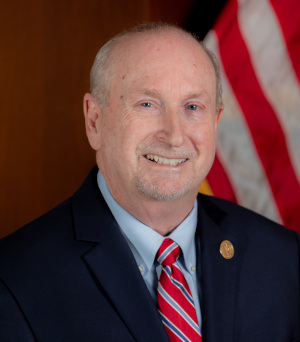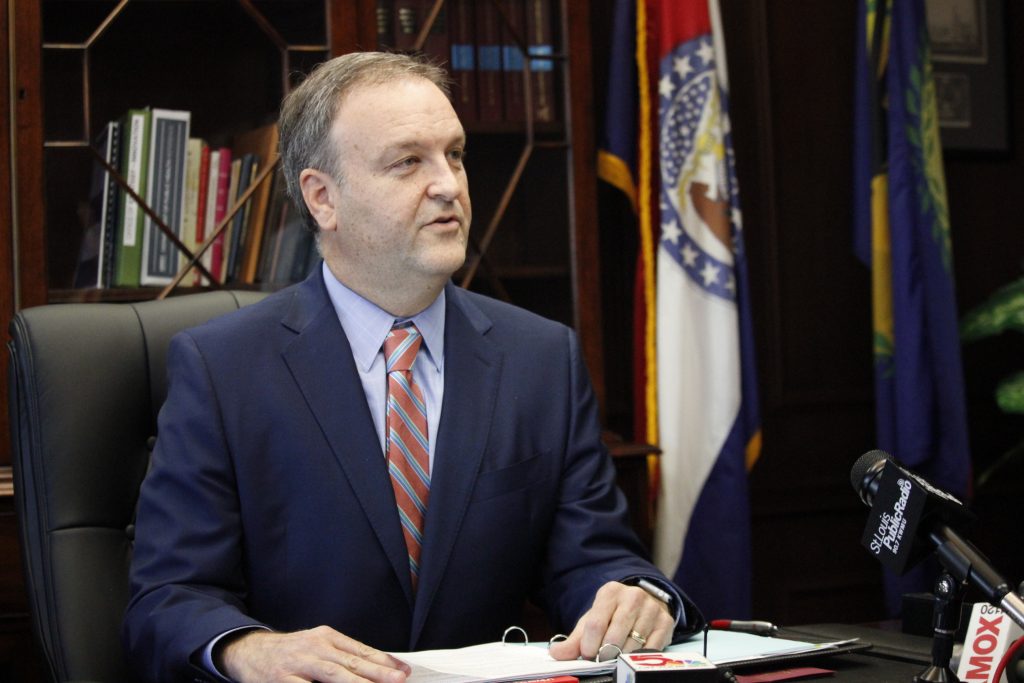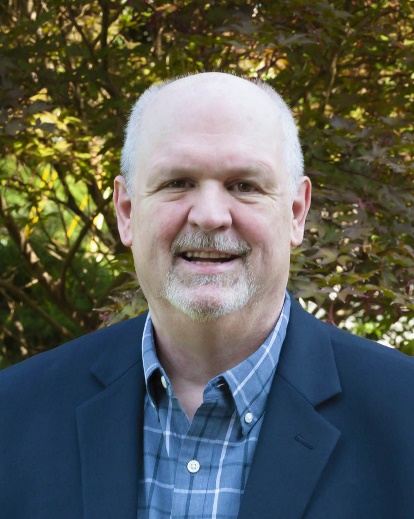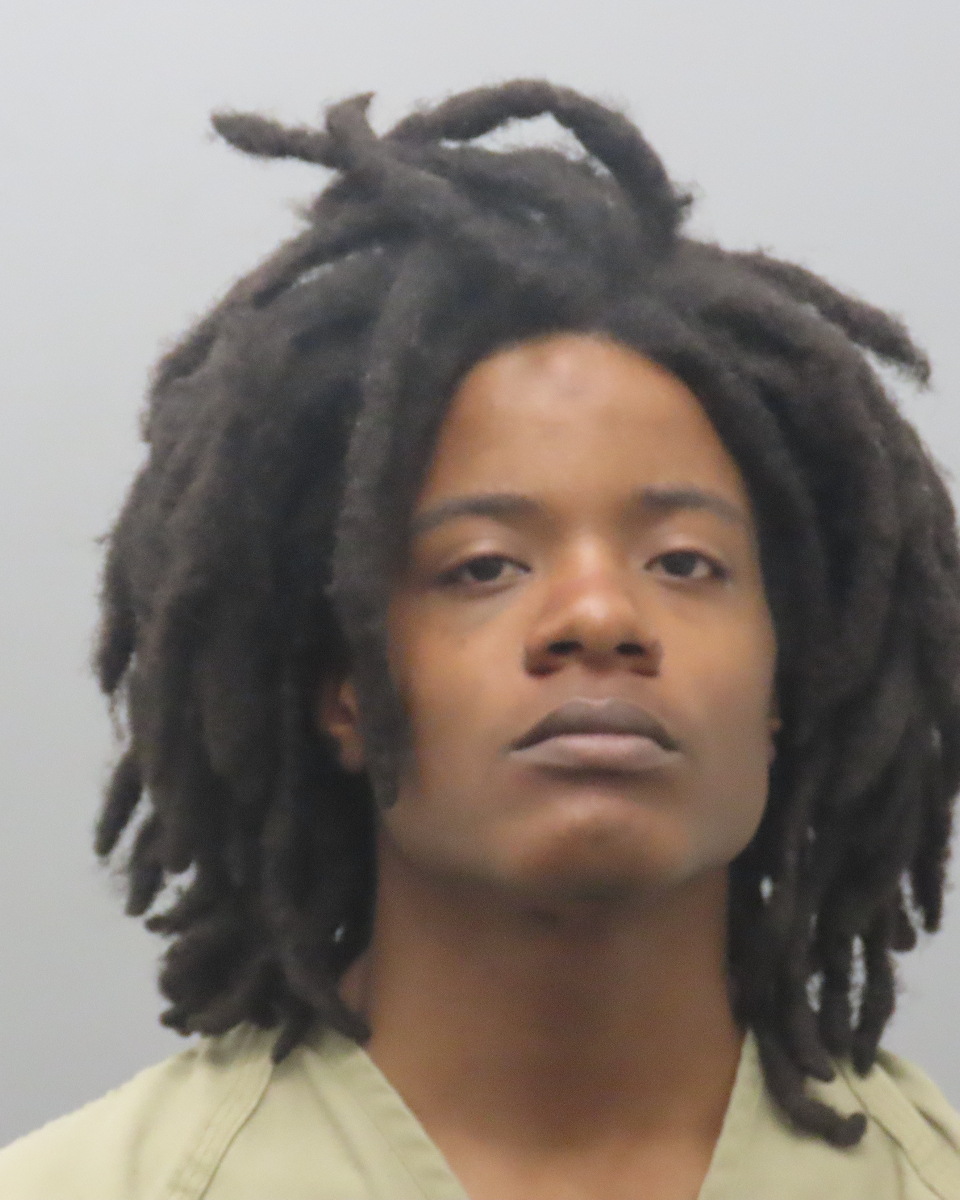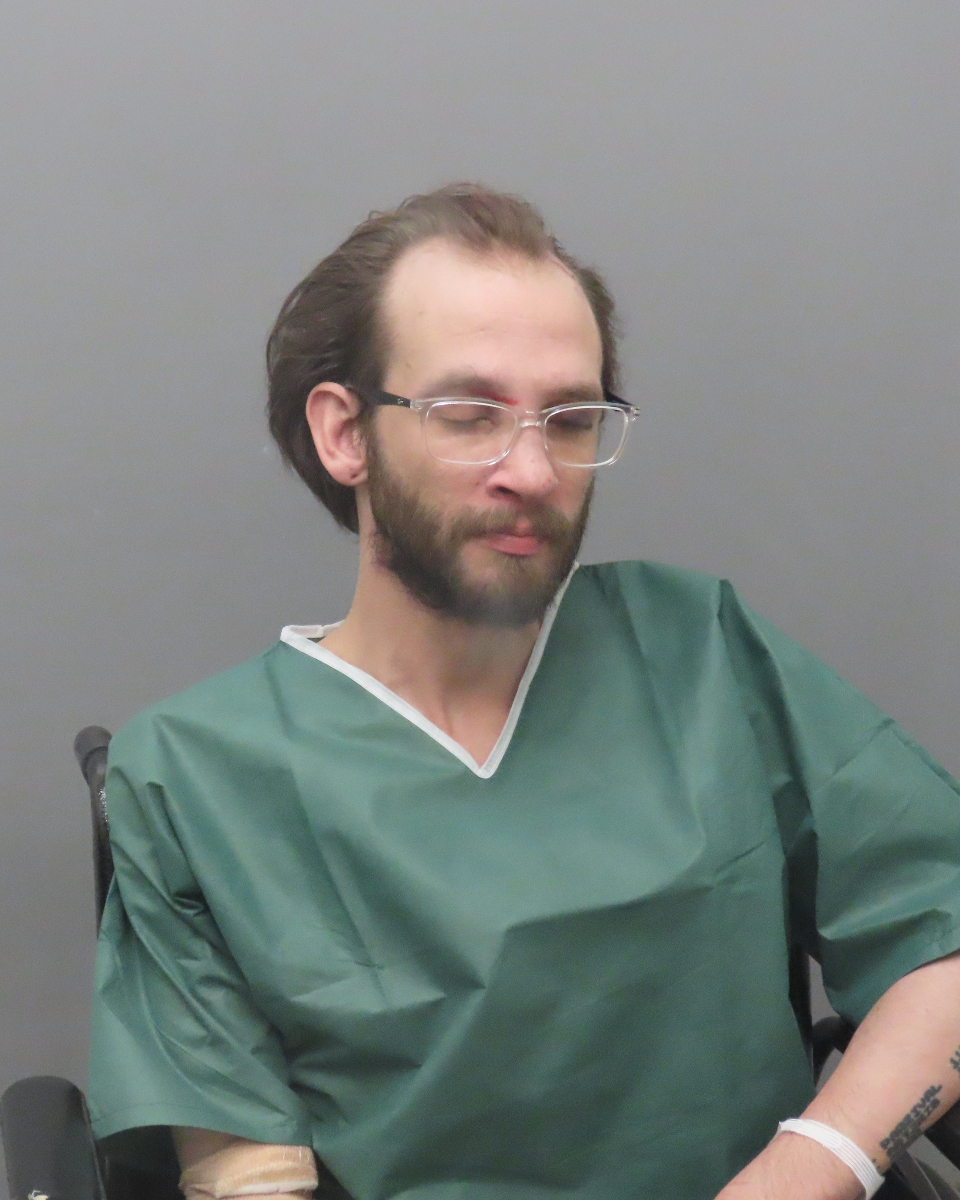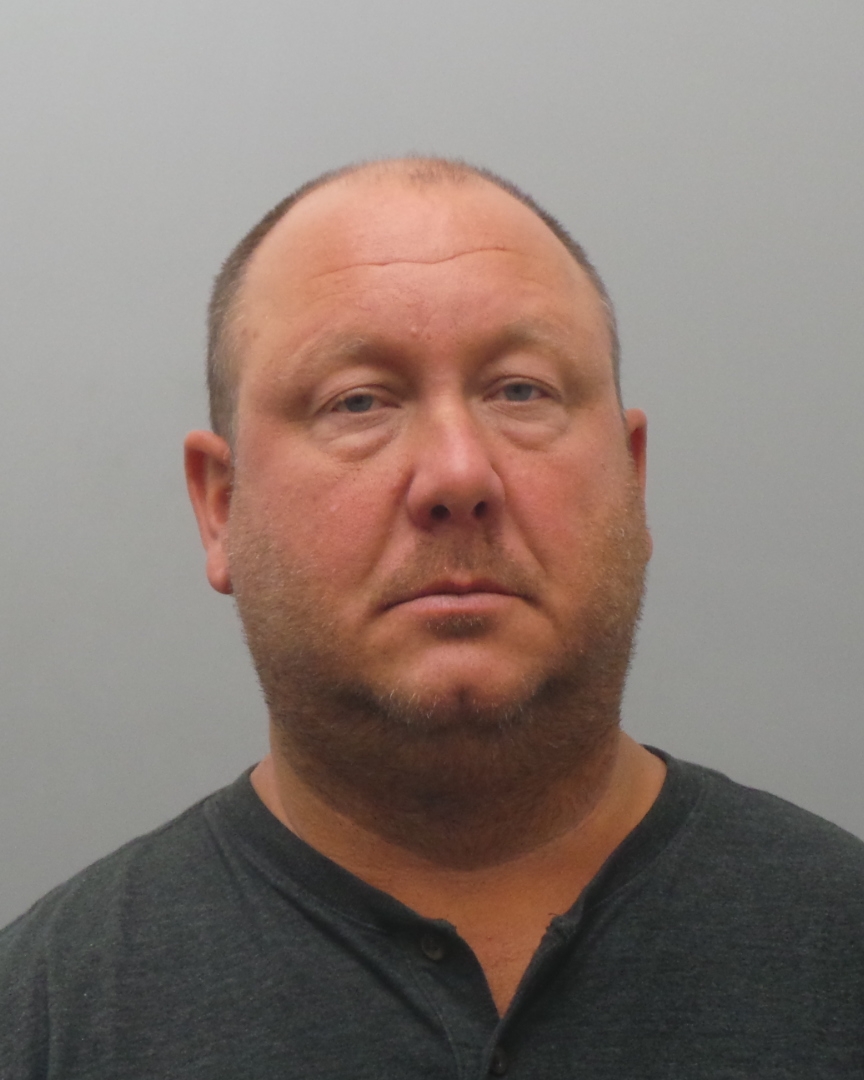A promised “top-to-bottom” review of the St. Louis County Police Department is a centerpiece of County Executive Sam Page’s campaign for county executive, but not everyone is welcoming outsiders giving their opinions on what should be done about policing in St. Louis.
The review, announced by Page June 29 along with Urban League President and CEO Michael P. McMillan, will be privately funded by Civic Progress, an organization comprised of CEOs of the largest businesses in St. Louis.
Civic Progress retired CEO Tom Irwin said the idea formed in January this year as business leaders talked with Page and Mayor Lyda Krewson about how to lower violent crime in the city and county.
“We decided what can we do to help?” Irwin said. “We can do things.”
The study “will review policing, help reduce violent crime, and protect civil rights,” according to the announcement. “It will explore the best ways to provide instruction, including cultural, racial, and community sensitivity training, de-escalation training, and implicit bias training. It will also explore the roles that police officers play in the public safety system – including an important review of where other professionals, such as nurses, advocates and social workers can provide a more tailored response in cases such as domestic violence, substance abuse, and mental health crises,” a move advocated by supporters of the “defund the police” movement that has gained momentum in the wake of the death of George Floyd in Minneapolis.
Page said he wanted a review “that’s about community policing, that’s about having the brand of respecting civil rights without lowering your standards and expectations or the delivery of law enforcement. There are best practices, there are people that do this really well across the country. I think the St. Louis County Police Department does a really good job, but I’m taking advantage of this environment of expectations where people expect law enforcement to take a hard look at what they’re doing, the services they’re providing … reimagining how we address police services without losing any ground or footprint in addressing violent crime.”
Civic Progress will fund two simultaneous reviews, one of St. Louis County and one of the city of St. Louis, Irwin told the county Board of Police Commissioners July 7.
Since the idea came from Civic Progress and Page, not the police board that oversees the department’s governance, Irwin’s 45-minute appearance was the first time board members formally heard about what Page’s office called a “comprehensive review of public safety.” At previous meetings this summer, the police board had talked with new Chief Mary Barton about conducting its own study of use of force and other topics.
New police board member LJ Punch, who was appointed by Page last year, vehemently disagreed with the idea that money should be spent on a review by outside consultants while past reviews of the department, including one from the U.S. Department of Justice post-Ferguson, are mostly sitting on the shelf.
Punch said her concerns are “fundamental,” including “why do we think reducing violent crime is an issue for the police? … I cannot condone using any resource regardless of where it comes from for a study because it is nearly emotionally abusive gaslighting to ignore the multiple studies that people have worked blood, sweat and tears for in this region, and to act like we don’t know what we need to do — we know what we need to do.”
The review will be conducted by Chief Charles Ramsey and Chief Daniel Oates.
Ramsey served as the co-chair of President Obama’s Task Force on 21st Century Policing. He has led the departments in Chicago, Philadelphia and Washington D.C., dramatically reducing homicides in all three cities while changing departments to better protect civil rights and add more community policing and improved sensitivity training, the county said.
Oates has spent two decades as a leader in the New York Police Department. He also led the police departments of Ann Arbor, Michigan; Aurora, Colorado; and Miami Beach, Florida, where he oversaw significant reforms to strengthen police-community relations, institute strong accountability measures to address misconduct, and make communities safer by reducing violent crime, the county said. He is considered one of the foremost experts on community policing in the country.
Former police chief and now 3rd District County Councilman Tim Fitch also questioned the decision to tap Ramsey, who has never led an accredited police agency, while the St. Louis County Police Department is internationally accredited.
Listing Ramsey’s agencies, Fitch questioned on Twitter, “Those are all stellar agencies to be held up to with great policies & practices?”
But Irwin said the services of Ramsey and Oates are highly sought after across the country, and St. Louis was lucky to get them.
Page said it’s easy to find problems in any long career, but Ramsey and Oates are widely respected for their work with police departments nationwide.
Ramsey has worked with “departments that have had a lot of challenges over the years and have gotten better because of those challenges, and they’ve improved those departments,” Page said. “Philadelphia especially was a department that had a lot of challenges before Ramsey was there, but Ramsey was chosen by President Obama to lead his 21st Century Policing Task Force and they were ones who came up with the recommendations of ‘8 Can’t Wait’ and the use of force continuum, so I think these guys are pretty talented.”
As for Oates, he “is really considered one of the best” on expertise overseeing police departments, Page said.
After Irwin retired as the leader of Civic Progress, he took a job working for Centene. Centene hired former Chief Jon Belmar as a vice president focused on police relations after his April 30 retirement. As chief, Belmar proposed an alternative to the full merger of Better Together in which the city would contract with the county police and county cities would keep their departments.



